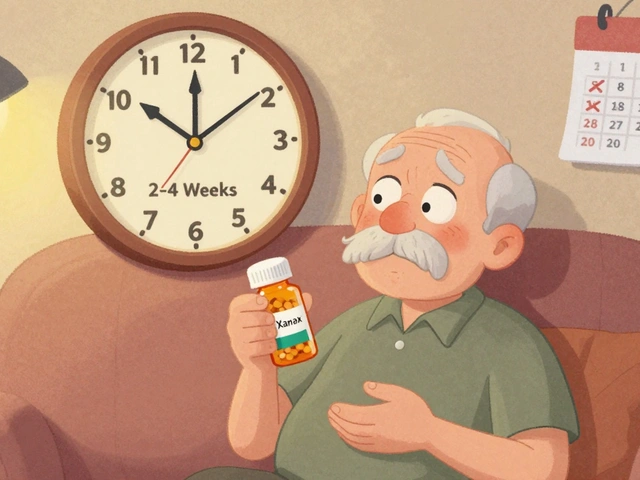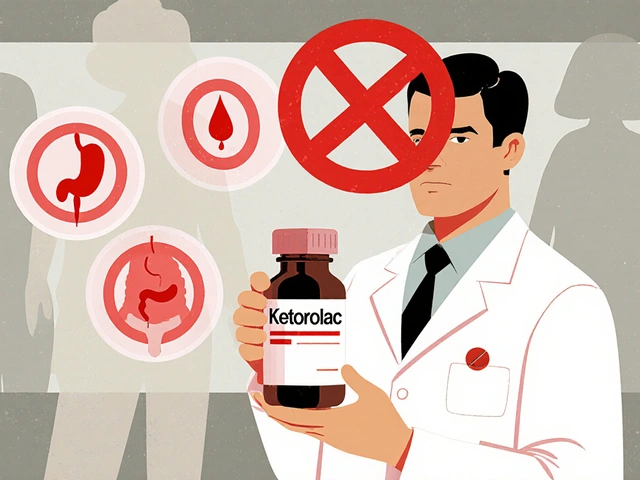High‑Intensity Statins: What They Are and When to Use Them
If your doctor mentioned a "high‑intensity statin," you might wonder what that really means. In short, these are the strongest cholesterol‑lowering drugs we have. They can cut LDL (the bad cholesterol) by 50 % or more, which is why they’re the go‑to option for people at high risk of heart attacks or strokes.
What Makes a Statin High‑Intensity?
Statins come in different strengths. The “high‑intensity” label is reserved for doses that achieve at least a 50 % drop in LDL. The most common ones are:
- Atorvastatin 40 – 80 mg
- Rosuvastatin 20 – 40 mg
Other statins, like simvastatin or pravastatin, never hit that level even at their max doses, so they’re classified as moderate or low intensity.
Who Should Consider a High‑Intensity Statin?
Guidelines suggest these drugs for anyone who’s already had a heart attack, a stroke, or has diabetes plus another risk factor (like high blood pressure). If you’re over 75 and have never had a cardiovascular event, doctors usually start with a moderate dose first.
Before jumping on a high‑intensity pill, your doctor will check liver enzymes, kidney function, and any meds you’re already taking. That’s because high doses can raise the chance of muscle pain or, in rare cases, a serious condition called rhabdomyolysis.
Got questions about side effects? Most people only feel mild muscle aches that disappear after a few weeks. If the pain is sharp or you notice dark urine, call your doctor right away.
Talking about lifestyle, remember that statins work best when paired with a heart‑healthy diet, regular exercise, and quitting smoking. The drug does the heavy lifting on cholesterol, but you’re still the one steering the overall risk down.
Looking for real‑world examples? Our recent articles cover a range of topics that intersect with cholesterol management, such as how obesity can blunt the effect of other drugs like clopidogrel, and the importance of dosing adjustments in older adults. While not directly about statins, they give you a broader view of how drug intensity and patient factors interact.
Bottom line: high‑intensity statins are powerful tools for people at serious heart risk. If you fit that profile, discuss the benefits and potential downsides with your clinician, and stick to the follow‑up plan they set. With the right approach, you can lower your LDL dramatically and keep your heart humming along for years to come.

Atorvastatin Dosage Guide: How to Choose the Right Dose for Your Cholesterol
- By : Tamsin Riverton
- Date : Sep 16 2025
A practical, evidence-backed guide to choosing the right atorvastatin dose-who should start where, how to adjust, what labs to check, and how to avoid common pitfalls.




